Home>Maintenance & Safety>Home Maintenance Checklists>Which Items Can Be Discarded In A Regular Trash Can
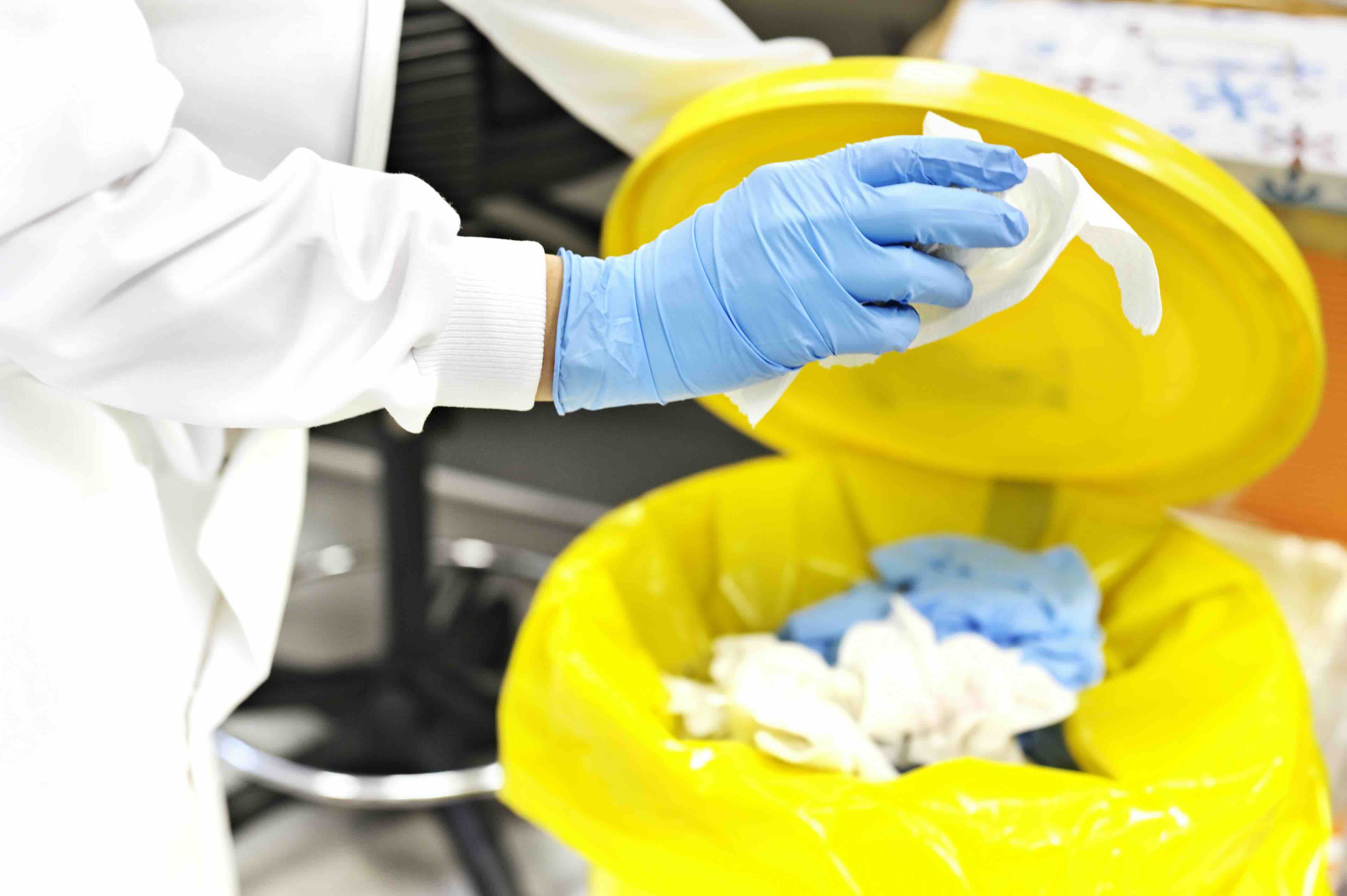

Home Maintenance Checklists
Which Items Can Be Discarded In A Regular Trash Can
Modified: February 26, 2024
Learn which items can be safely discarded in a regular trash can with our home maintenance checklists. Simplify your cleanup routine today!
(Many of the links in this article redirect to a specific reviewed product. Your purchase of these products through affiliate links helps to generate commission for Storables.com, at no extra cost. Learn more)
Introduction
When it comes to maintaining a tidy and organized living space, knowing what items can be discarded in a regular trash can is essential. Proper waste disposal not only contributes to a clean and clutter-free environment but also plays a crucial role in promoting sustainability. By understanding which items can be safely disposed of in a standard trash can, individuals can streamline their home maintenance routines and contribute to efficient waste management practices. From food waste to hazardous materials, this comprehensive guide will delve into the various categories of items that can be discarded in a regular trash can, providing valuable insights for homeowners and renters alike. Let's embark on a journey to uncover the nuances of responsible waste disposal and decluttering within the confines of our homes.
Key Takeaways:
- Proper waste disposal is crucial for a clean and organized home. Food waste, paper products, and plastic containers can be discarded in a regular trash can, but hazardous materials require special handling.
- Recycling and responsible disposal are key to sustainable waste management. From textiles to electronics, prioritizing eco-friendly alternatives and participating in recycling programs contribute to a cleaner, more resource-efficient living environment.
Food Waste
Food waste is a common byproduct of household activities, and knowing how to dispose of it properly is essential. In general, most food scraps, including fruit peels, vegetable trimmings, eggshells, and coffee grounds, can be disposed of in a regular trash can. However, it’s important to be mindful of certain food items that may not be suitable for standard disposal methods. For instance, greasy or oily food waste, such as cooking oil or fatty residues, should be handled with care to prevent clogging in the trash can or drainage system. In such cases, it’s advisable to absorb the excess oil with paper towels or dispose of it in a separate container before placing it in the trash.
Additionally, perishable food items that have exceeded their expiration dates or have spoiled should be discarded in the regular trash. When disposing of food waste, it’s beneficial to utilize biodegradable bags or compostable liners to minimize environmental impact and facilitate the decomposition process. By segregating food waste from other types of household trash, individuals can contribute to sustainable waste management practices and reduce their carbon footprint.
Moreover, it’s important to note that certain food items, such as meat, dairy products, and bones, may attract pests and emit unpleasant odors if left in a regular trash can for an extended period. To mitigate these issues, consider double-bagging such items or utilizing sealed containers to contain odors and prevent pest infestation. By adhering to these guidelines, individuals can effectively manage food waste disposal while maintaining a clean and hygienic living environment.
Paper Products
Paper products encompass a wide range of items commonly found in households, including newspapers, magazines, cardboard packaging, office paper, and paper towels. When it comes to disposing of paper products in a regular trash can, it’s important to consider recyclability and environmental impact. In general, clean and dry paper products, such as newspapers and office paper, can be safely discarded in a standard trash can. However, it’s advisable to prioritize recycling whenever possible to minimize waste and conserve valuable resources.
Cardboard packaging, such as shipping boxes and cereal boxes, can also be disposed of in a regular trash can, provided they are flattened to optimize space and facilitate efficient waste disposal. By breaking down cardboard boxes and removing any non-recyclable components, individuals can effectively manage their household waste while promoting eco-friendly practices.
Furthermore, paper towels and napkins used for general cleaning purposes can be discarded in a regular trash can, especially if they have been used to handle non-toxic substances. However, it’s important to exercise caution when disposing of paper products that may be contaminated with hazardous materials, such as chemical spills or toxic substances. In such cases, it’s advisable to follow specific disposal guidelines to ensure safety and environmental compliance.
When dealing with sensitive or confidential documents, it’s recommended to shred or destroy them before disposal to safeguard personal information and prevent unauthorized access. By adopting responsible disposal practices for paper products, individuals can contribute to waste reduction efforts and promote a cleaner, more sustainable living environment.
Plastic Containers
Plastic containers are ubiquitous in modern households, serving as versatile storage solutions for food, beverages, and various everyday items. When it comes to disposing of plastic containers, it’s important to differentiate between recyclable and non-recyclable materials to minimize environmental impact and promote sustainable waste management.
Generally, clean and empty plastic containers, such as water bottles, soda bottles, and food packaging, can be discarded in a regular trash can. However, it’s crucial to verify local recycling guidelines and prioritize recycling whenever feasible. By rinsing and flattening plastic containers before disposal, individuals can optimize space in the trash can and facilitate efficient waste collection and disposal processes.
It’s important to note that certain plastic items, such as plastic bags, cling wrap, and disposable cutlery, may not be suitable for standard recycling programs and should be disposed of in the regular trash. To minimize environmental impact, consider reducing the use of single-use plastic items and opting for reusable alternatives whenever possible.
When discarding plastic containers that previously held hazardous or toxic substances, such as cleaning agents or chemicals, it’s essential to follow specific disposal guidelines to ensure safety and environmental compliance. Additionally, individuals should be mindful of local regulations regarding the disposal of plastic items with potential environmental implications, such as electronic waste or non-biodegradable plastics.
By staying informed about the recyclability of different types of plastic containers and adhering to responsible disposal practices, individuals can contribute to sustainable waste management efforts and reduce their ecological footprint.
Glass Items
Glass items are commonly found in households, serving various purposes ranging from food and beverage storage to decorative accents. When it comes to disposing of glass items, it’s important to exercise caution and adhere to specific guidelines to ensure safe and responsible waste management.
Clean and non-hazardous glass items, such as glass bottles, jars, and glassware, can typically be safely discarded in a regular trash can. However, it’s beneficial to prioritize recycling whenever feasible to minimize environmental impact and conserve resources. By separating glass items from other types of household waste and placing them in designated recycling bins, individuals can contribute to sustainable waste management practices and promote a cleaner, more eco-friendly living environment.
It’s essential to handle broken glass items with care to prevent injuries and facilitate safe disposal. When dealing with broken glass, it’s advisable to carefully wrap the shards in several layers of newspaper or use puncture-resistant packaging to minimize the risk of injuries to waste handlers and individuals handling the trash. Additionally, clearly labeling the package as “broken glass” can help raise awareness and ensure safe handling during waste collection and disposal processes.
Furthermore, individuals should be mindful of local regulations and guidelines regarding the disposal of specific types of glass items, such as mirrors, window panes, and glassware with special coatings or treatments. In some cases, these items may require alternative disposal methods to mitigate potential environmental and safety concerns.
By adopting responsible disposal practices for glass items and staying informed about local recycling programs and guidelines, individuals can play a proactive role in promoting sustainable waste management and contributing to a cleaner, safer living environment for all.
Read more: Which Way Do You Face The Trash Can
Metal Items
Metal items are prevalent in households, encompassing a diverse range of products such as aluminum cans, steel food containers, and household appliances. Proper disposal of metal items is crucial for efficient waste management and environmental sustainability.
When it comes to discarding metal items in a regular trash can, it’s important to consider recyclability and environmental impact. Clean and non-hazardous metal items, including aluminum and steel products, can generally be safely disposed of in a standard trash can. However, prioritizing recycling whenever possible is highly encouraged to conserve resources and reduce the environmental burden of metal production.
Individuals should be mindful of local recycling guidelines and initiatives, as many communities offer designated recycling programs for metal items. By segregating metal items from other forms of household waste and participating in recycling initiatives, individuals can contribute to sustainable waste management practices and promote a more eco-friendly lifestyle.
It’s essential to exercise caution when discarding sharp or potentially hazardous metal items, such as broken kitchen utensils or metal components with jagged edges. To minimize the risk of injuries to waste handlers and individuals handling the trash, consider securely wrapping or enclosing such items to prevent accidental contact.
Furthermore, larger metal items, such as household appliances and metal furniture, may require alternative disposal methods due to their size and material composition. Many communities offer specialized collection services or recycling facilities for bulky metal items, ensuring proper handling and recycling of these materials.
By staying informed about local recycling programs, adhering to responsible disposal practices for metal items, and prioritizing recycling over standard trash disposal, individuals can actively contribute to sustainable waste management efforts and promote a cleaner, more resource-efficient living environment.
Check with your local waste management guidelines, but generally, items like food waste, used tissues, and non-recyclable plastics can be discarded in a regular trash can.
Textiles and Clothing
Textiles and clothing form a significant part of household waste, and proper disposal methods are essential to minimize environmental impact and promote sustainable waste management. When considering the disposal of textiles and clothing in a regular trash can, individuals should be mindful of alternative options such as donation, recycling, or repurposing to extend the lifespan of these items.
Clean and dry textiles, including clothing, linens, and fabric-based household items, can be safely discarded in a standard trash can. However, it’s important to explore opportunities for donation or textile recycling to divert these items from landfills and support charitable causes or sustainable initiatives.
Many communities offer textile recycling programs that accept used clothing and textiles for repurposing or recycling into new products. By participating in these programs, individuals can contribute to waste reduction efforts and support circular economy practices that promote resource conservation and environmental sustainability.
When discarding textiles and clothing in a regular trash can, it’s advisable to ensure that the items are clean and free from hazardous materials or contaminants. Additionally, individuals should consider the potential for repurposing or upcycling textiles to create new items or extend their usefulness before opting for disposal.
Furthermore, damaged or non-reusable textiles, such as torn clothing or worn-out linens, can be repurposed for various purposes, including cleaning rags, craft projects, or insulation material. By exploring creative ways to repurpose textiles, individuals can minimize waste and contribute to sustainable living practices.
By prioritizing donation, textile recycling, and creative repurposing, individuals can actively contribute to sustainable waste management efforts and reduce the environmental impact of textile and clothing disposal. Embracing a mindful and resource-conscious approach to textile and clothing disposal can lead to a more sustainable and environmentally responsible lifestyle.
Electronics
Disposing of electronics, also known as e-waste, requires careful consideration and adherence to specific guidelines to ensure environmental sustainability and responsible waste management. Electronic devices, ranging from small gadgets to larger appliances, contain valuable materials and components that can have detrimental environmental effects if not properly handled.
When considering the disposal of electronics in a regular trash can, it’s important to explore alternative options such as electronic recycling programs or designated collection events. Many communities offer e-waste recycling facilities or collection points where individuals can safely dispose of their old or non-functional electronic devices.
Electronics contain various components, including metals, plastics, and potentially hazardous materials, such as batteries and electronic circuitry. Improper disposal of electronic devices can lead to environmental pollution and pose risks to human health. Therefore, individuals should prioritize electronic recycling to ensure that valuable materials are recovered and hazardous components are safely managed.
Before discarding electronics, individuals should consider the potential for repair, refurbishment, or donation to extend the lifespan of these devices. Many non-profit organizations and charitable initiatives accept functional electronics for refurbishment or redistribution to underserved communities, reducing waste and promoting digital inclusion.
It’s crucial to erase personal data and remove batteries from electronic devices before disposal to protect privacy and prevent potential hazards. Additionally, larger electronic appliances, such as refrigerators and televisions, may require specialized disposal methods due to their size and material composition. Many municipalities provide guidance on the proper disposal of large electronic appliances to ensure safe handling and environmental compliance.
By prioritizing electronic recycling, exploring repair and donation opportunities, and adhering to responsible disposal practices, individuals can actively contribute to sustainable waste management efforts and minimize the environmental impact of e-waste. Embracing a mindful approach to electronic disposal can lead to a more sustainable and environmentally responsible lifestyle.
Batteries and Lightbulbs
Proper disposal of batteries and lightbulbs is essential to minimize environmental impact and ensure safe waste management practices. Both batteries and lightbulbs contain materials that can be harmful to the environment if not handled responsibly. When considering the disposal of batteries and lightbulbs in a regular trash can, individuals should be aware of alternative disposal options and specific guidelines.
Household batteries, including alkaline, lithium, and nickel-cadmium batteries, should not be disposed of in a regular trash can due to the potential environmental hazards they pose. Many communities offer designated drop-off locations or recycling programs for household batteries to ensure proper handling and recycling of these items. By participating in battery recycling initiatives, individuals can prevent hazardous materials from entering landfills and contribute to sustainable waste management practices.
Compact fluorescent lamps (CFLs) and fluorescent tubes, commonly used as energy-efficient light sources, contain small amounts of mercury and should not be discarded in a regular trash can. Instead, individuals should seek out local recycling options or collection events for these types of lightbulbs to facilitate safe disposal and resource recovery.
When handling batteries and lightbulbs for disposal, it’s important to take precautions to prevent breakage and potential exposure to hazardous materials. For example, taping the ends of batteries or placing them in sealed containers can help minimize the risk of accidental contact and ensure safe transportation for recycling or proper disposal.
Furthermore, individuals should consider energy-efficient and longer-lasting alternatives, such as LED lightbulbs, to reduce the frequency of lightbulb replacement and minimize waste generation. By embracing sustainable lighting solutions, individuals can contribute to energy conservation and waste reduction efforts.
By staying informed about local recycling programs, adhering to responsible disposal practices for batteries and lightbulbs, and prioritizing recycling over standard trash disposal, individuals can actively contribute to sustainable waste management efforts and promote a cleaner, more resource-efficient living environment.
Hazardous Waste
Proper disposal of hazardous waste is crucial for safeguarding human health and the environment. Hazardous waste encompasses a wide range of materials, including chemicals, solvents, pesticides, and certain household products that pose potential risks if not handled and disposed of responsibly.
When dealing with hazardous waste, it’s imperative to adhere to specific disposal guidelines and regulations to prevent environmental contamination and ensure the safety of waste handlers and the community. Household hazardous waste, such as paint, motor oil, cleaning chemicals, and pesticides, should never be disposed of in a regular trash can or poured down drains, as these actions can lead to pollution and ecological damage.
Many communities offer designated collection sites or events for household hazardous waste, providing a safe and environmentally responsible means of disposing of these materials. By participating in hazardous waste collection programs, individuals can prevent contamination of soil and water sources while promoting sustainable waste management practices.
It’s essential to handle hazardous waste with caution and utilize appropriate containment measures to prevent leaks, spills, or accidental exposure. When transporting hazardous materials for disposal, individuals should use secure and leak-proof containers to minimize the risk of environmental release and protect waste handlers from potential harm.
Furthermore, individuals should prioritize the use of environmentally friendly and non-toxic alternatives to hazardous products whenever feasible. By opting for greener cleaning solutions, non-toxic pesticides, and water-based paints, individuals can reduce the generation of hazardous waste and promote a safer and more sustainable living environment.
By staying informed about local regulations, participating in hazardous waste collection programs, and embracing eco-friendly alternatives, individuals can actively contribute to sustainable waste management efforts and minimize the environmental and health risks associated with hazardous waste disposal. Embracing a mindful and responsible approach to hazardous waste management is essential for creating a cleaner, safer, and more sustainable living environment for all.
Conclusion
Understanding which items can be safely discarded in a regular trash can is essential for maintaining a clean, organized living environment while promoting responsible waste management practices. From food waste to hazardous materials, each category of household items requires thoughtful consideration to minimize environmental impact and ensure safe disposal. By adhering to specific guidelines and exploring alternative disposal options, individuals can actively contribute to sustainable waste management efforts and promote a healthier, more eco-friendly lifestyle.
When it comes to food waste, individuals should prioritize the separation of non-recyclable food scraps from other forms of household waste, utilizing biodegradable bags or compostable liners to facilitate decomposition and reduce environmental impact. Conscious disposal of paper products, plastic containers, glass items, and metal items involves prioritizing recycling whenever feasible, flattening or breaking down items to optimize space, and adhering to specific guidelines for hazardous or non-recyclable materials.
Textiles and clothing disposal can be approached through donation, textile recycling, or creative repurposing to extend the lifespan of these items and minimize waste generation. Similarly, electronic devices, batteries, lightbulbs, and hazardous waste require specialized disposal methods to ensure environmental sustainability and prevent potential harm to human health and the ecosystem.
By embracing eco-friendly alternatives, participating in recycling programs, and adhering to responsible disposal practices, individuals can actively contribute to sustainable waste management efforts and promote a cleaner, more resource-efficient living environment. Prioritizing donation, recycling, and responsible disposal of household items allows individuals to minimize waste generation, conserve resources, and reduce the environmental burden of traditional waste disposal methods.
Ultimately, by staying informed about local regulations and waste management initiatives, individuals can play a proactive role in creating a cleaner, safer, and more sustainable living environment for current and future generations. Responsible waste management is a collective effort that begins at home and contributes to a global impact, fostering a culture of environmental stewardship and sustainable living.
Frequently Asked Questions about Which Items Can Be Discarded In A Regular Trash Can
Was this page helpful?
At Storables.com, we guarantee accurate and reliable information. Our content, validated by Expert Board Contributors, is crafted following stringent Editorial Policies. We're committed to providing you with well-researched, expert-backed insights for all your informational needs.
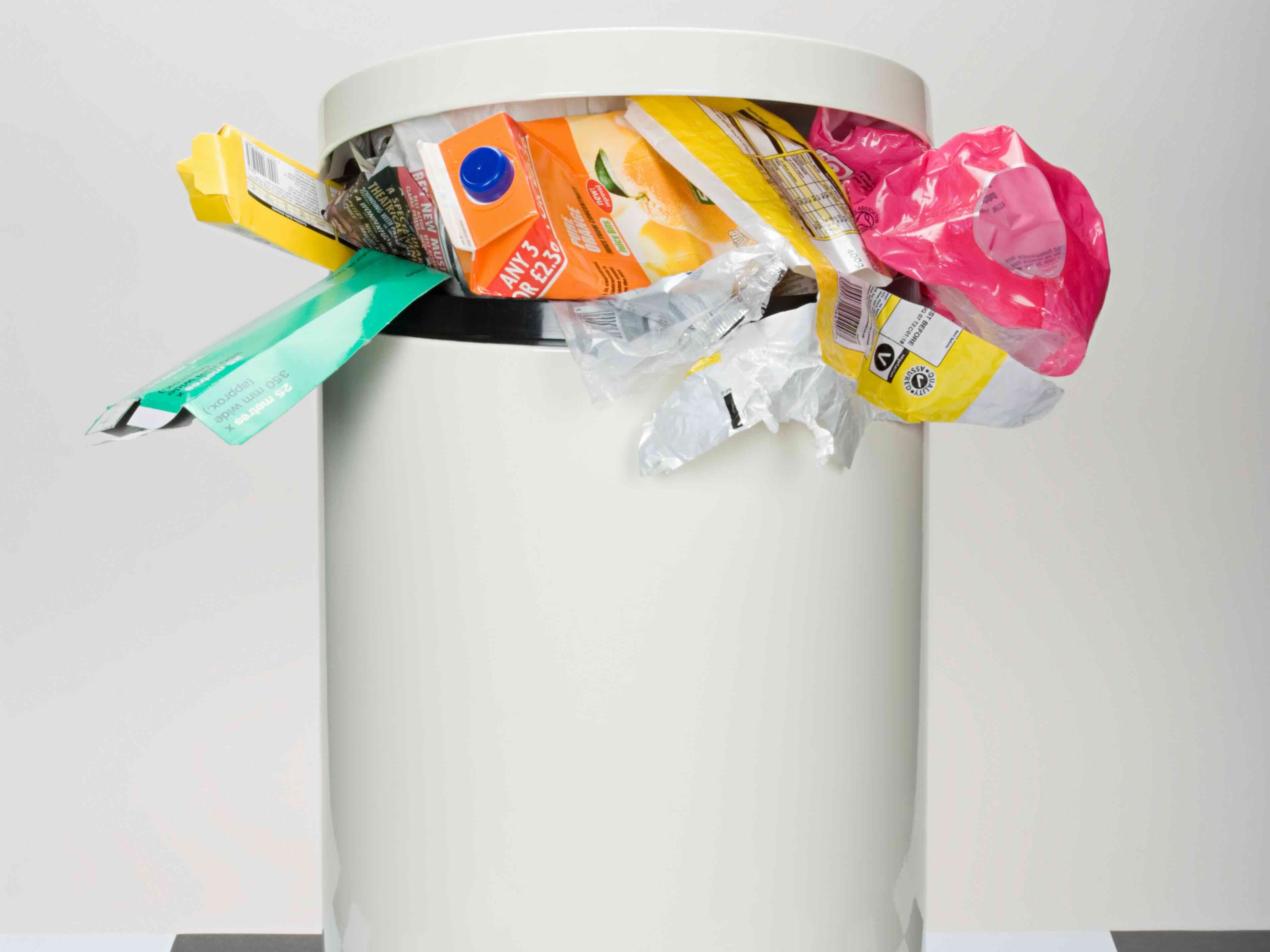
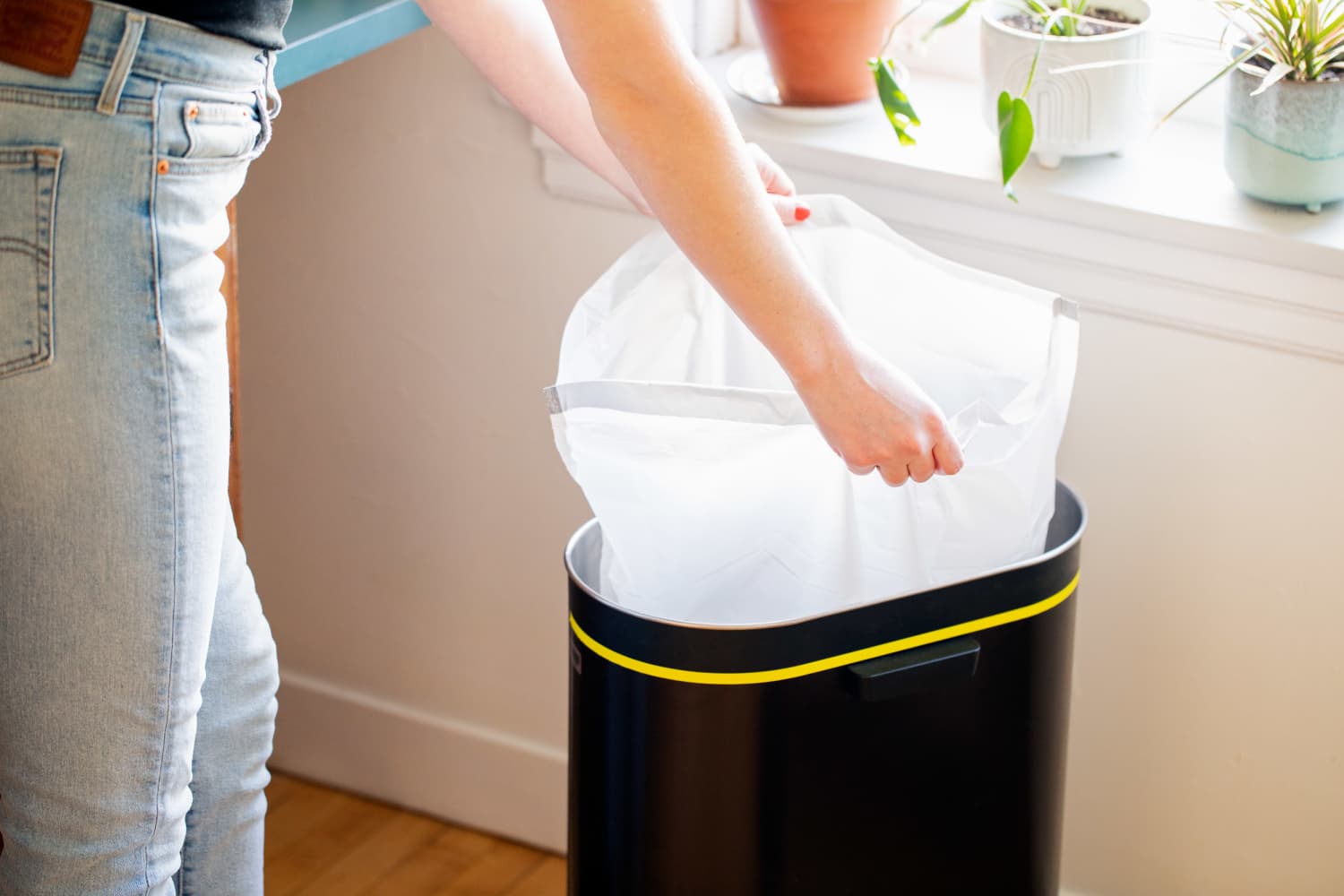
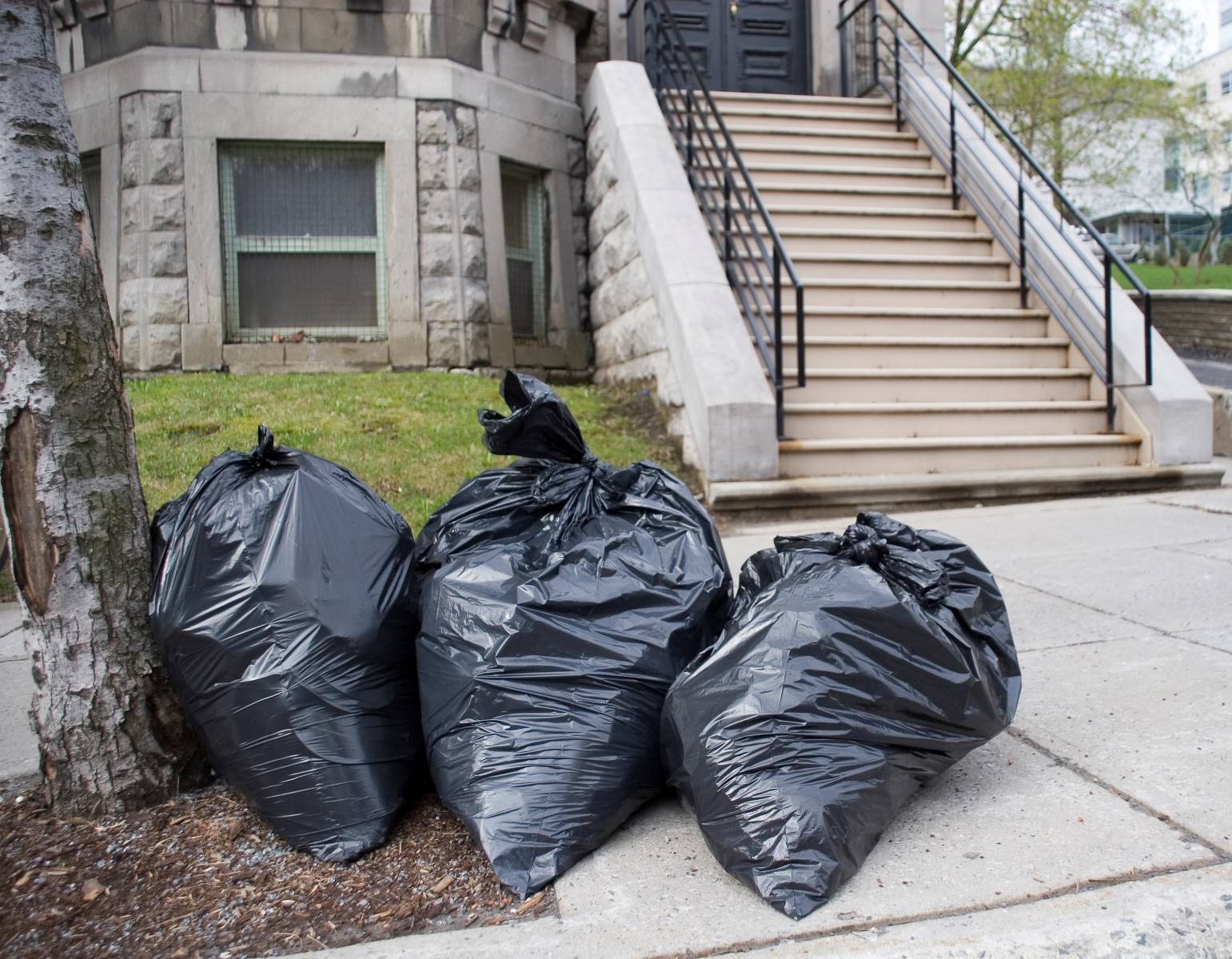
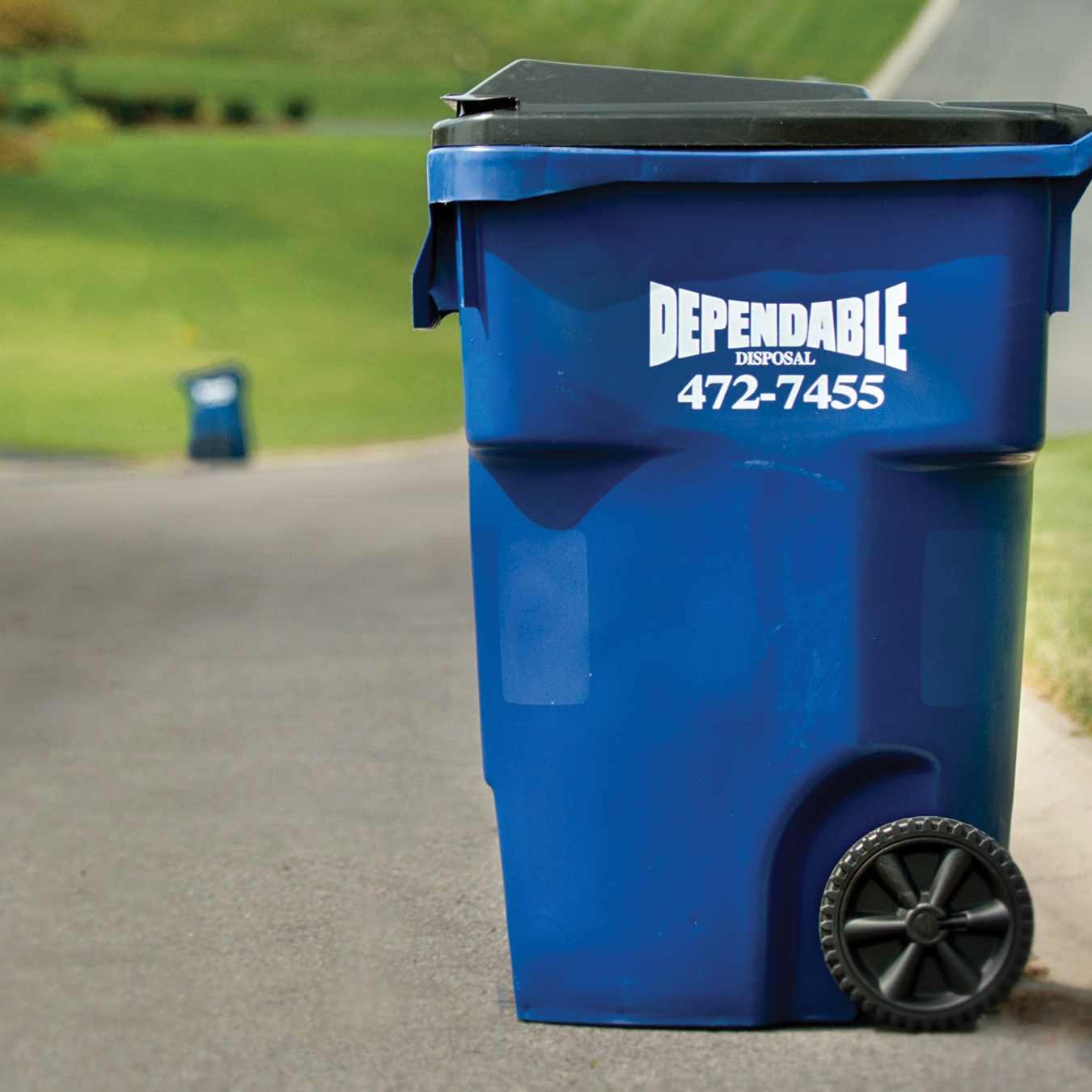
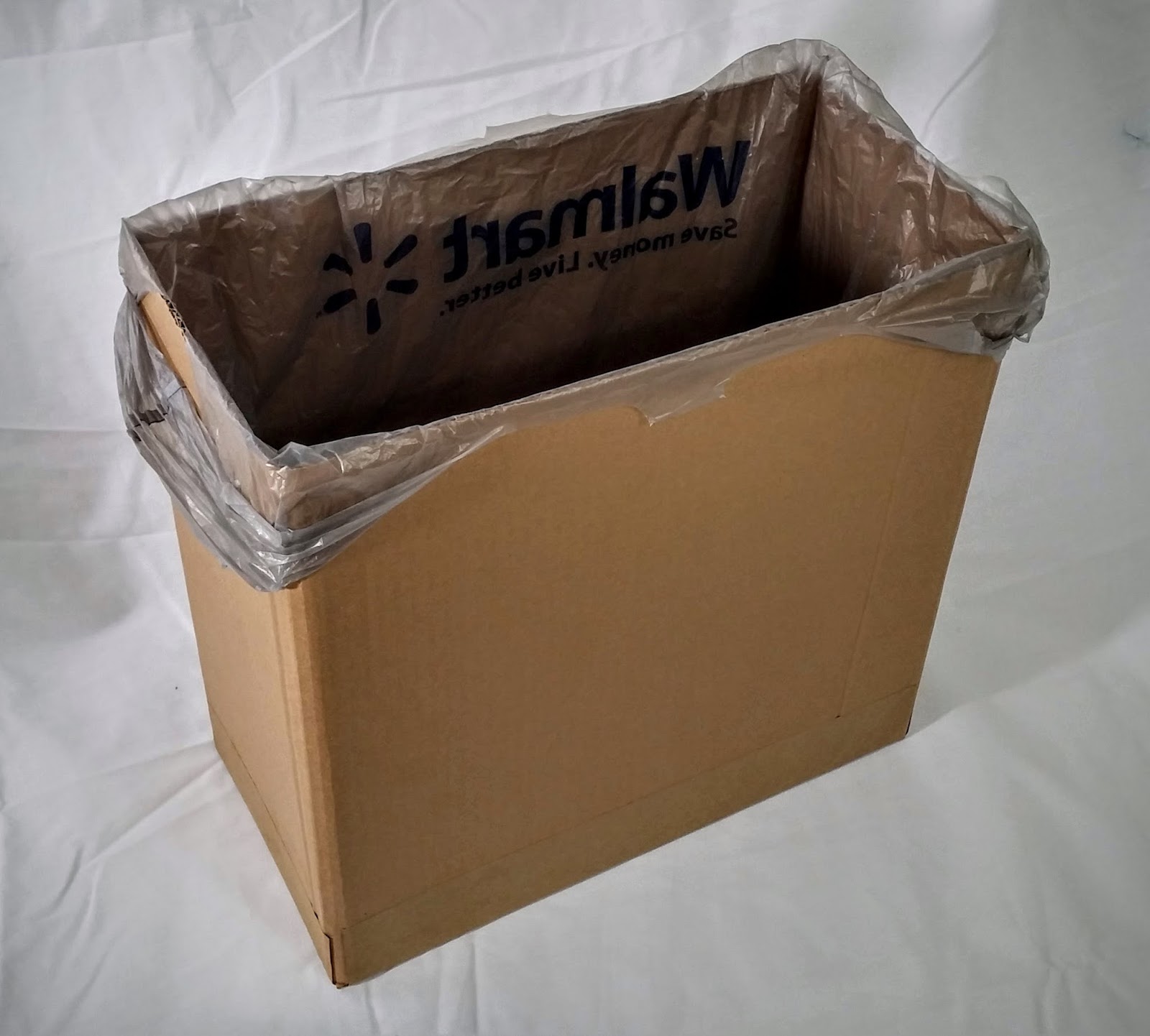
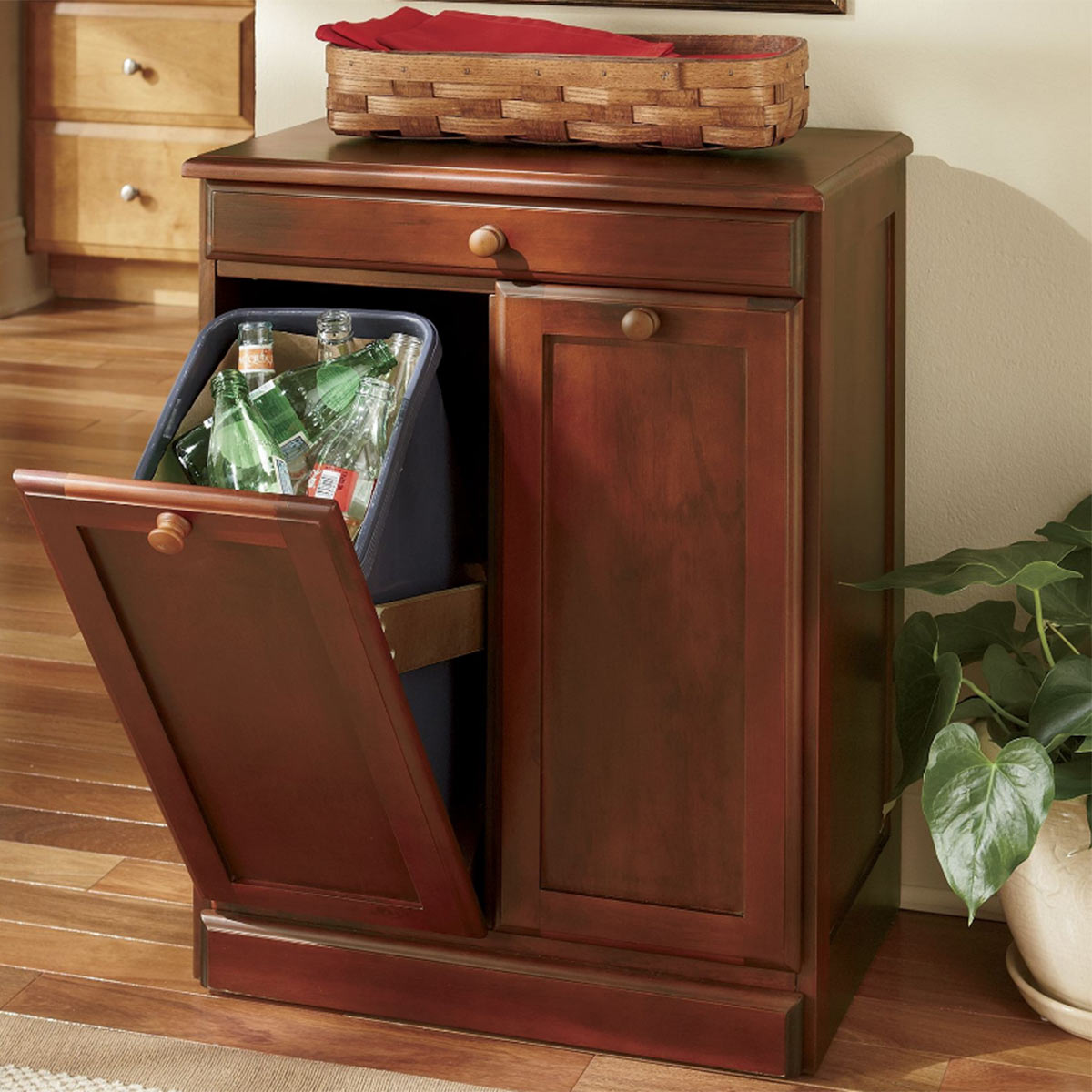
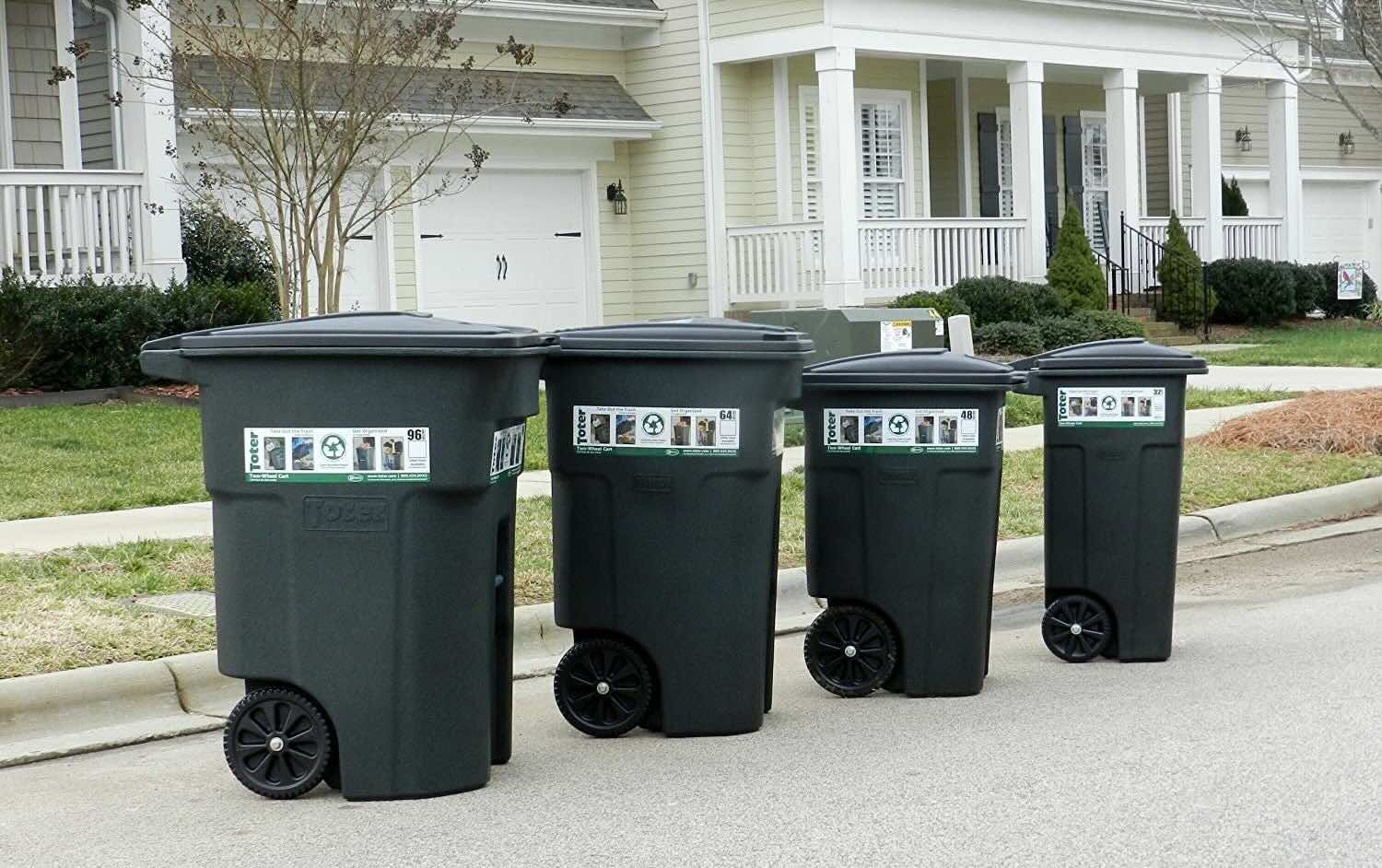
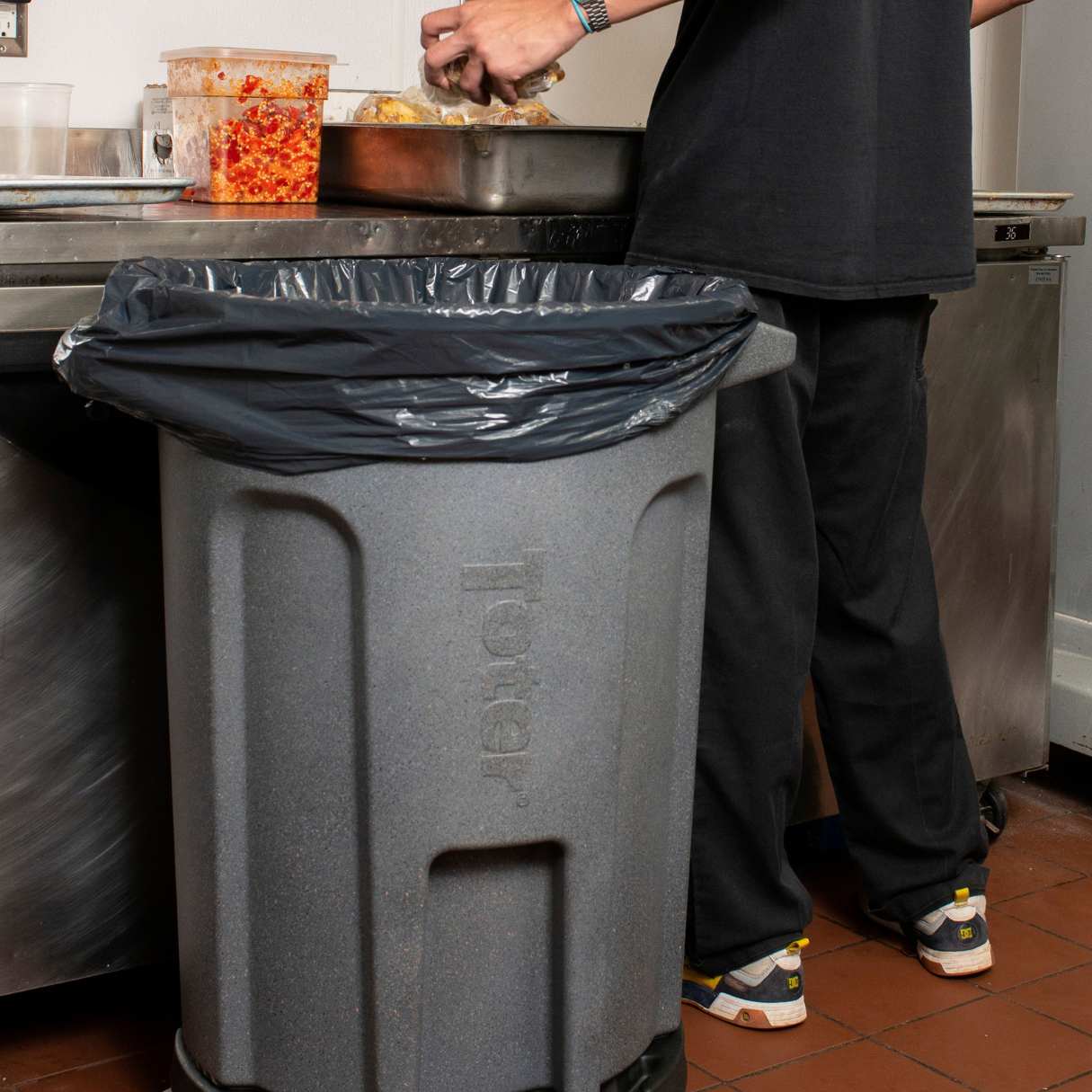
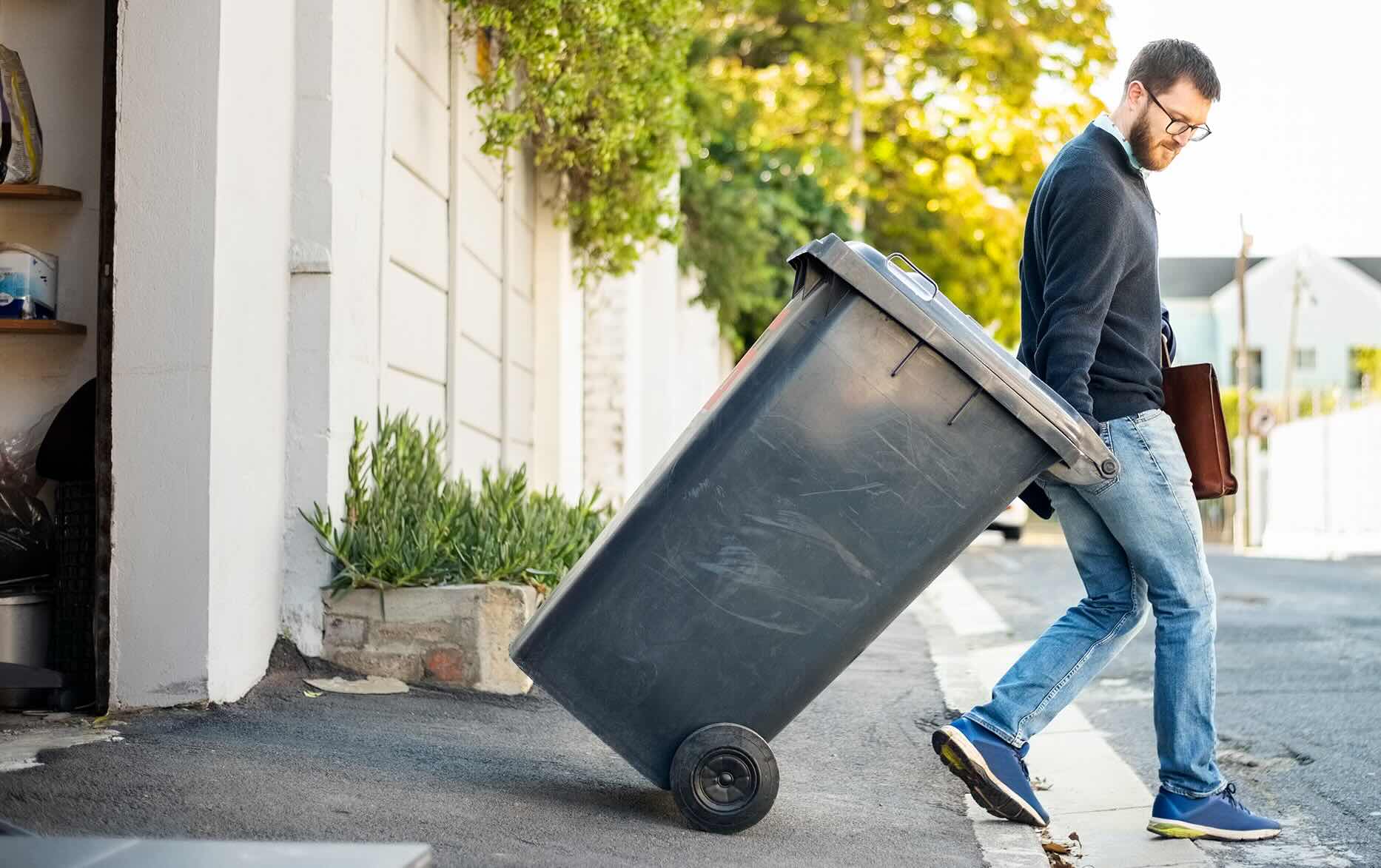
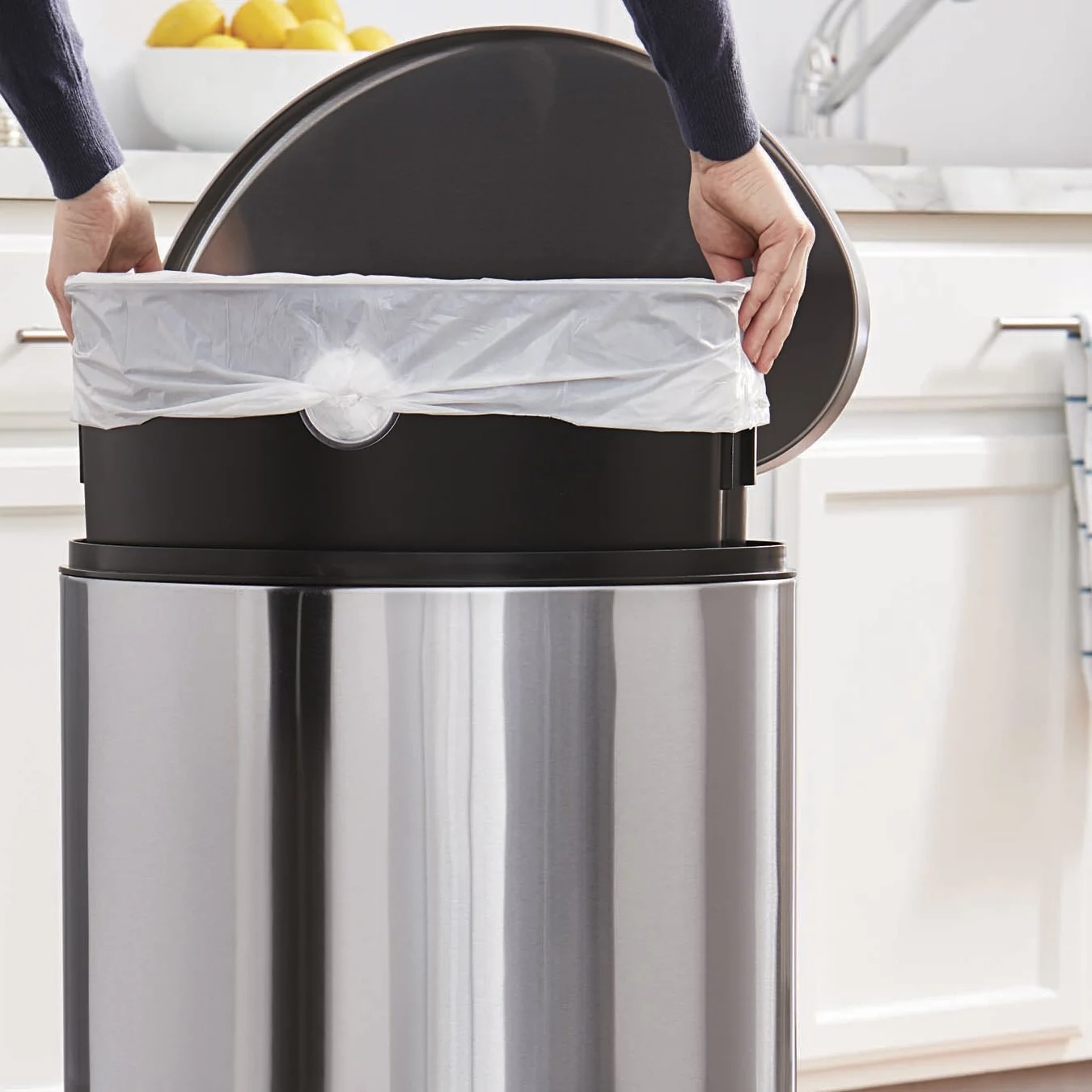
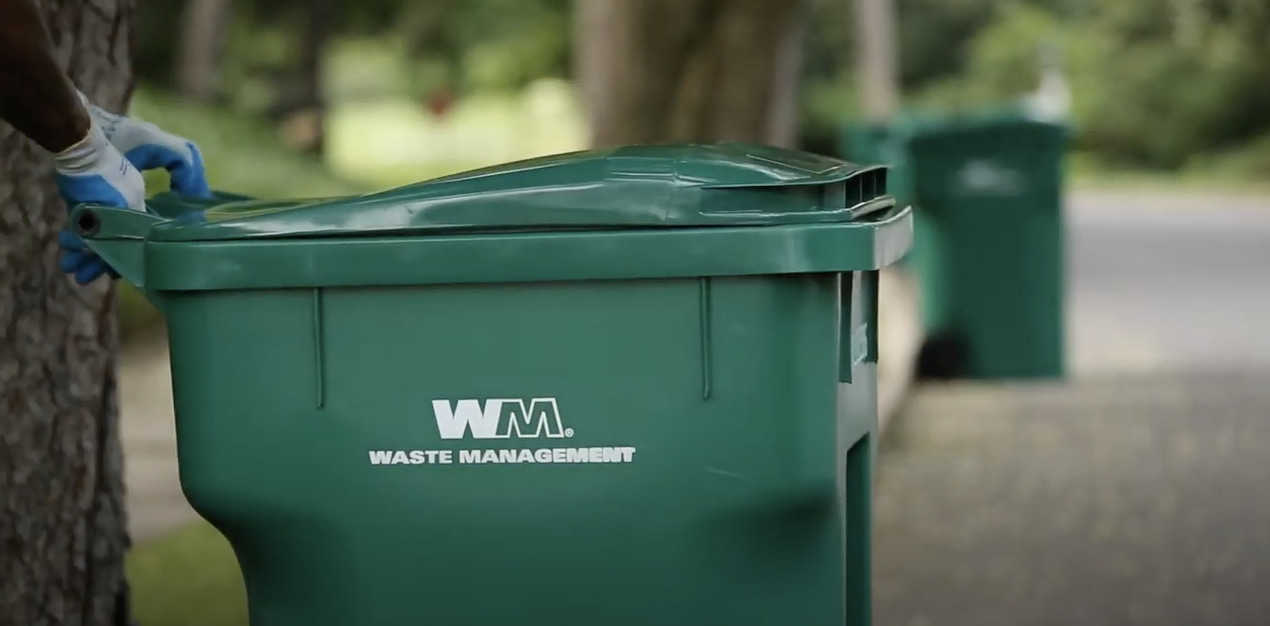
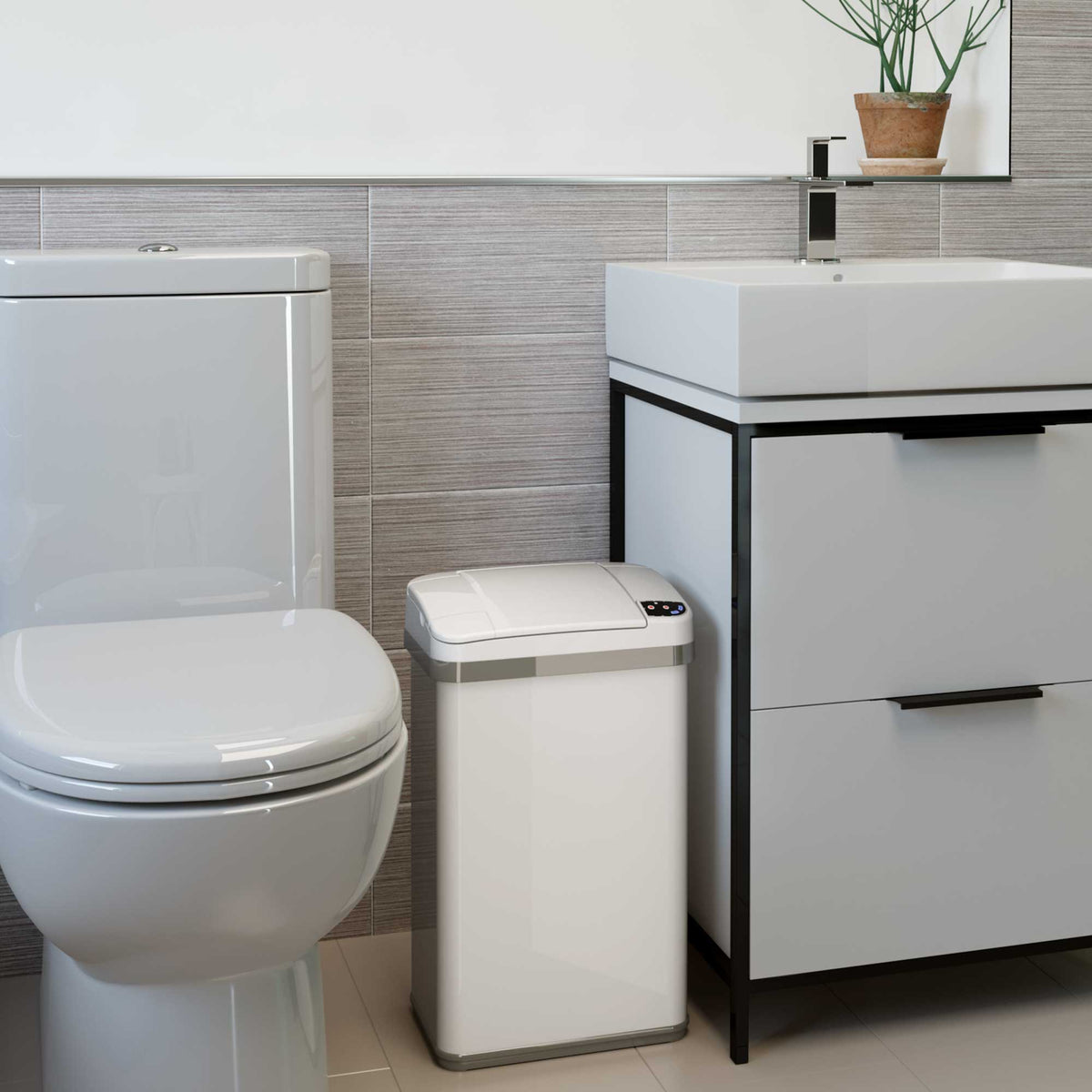
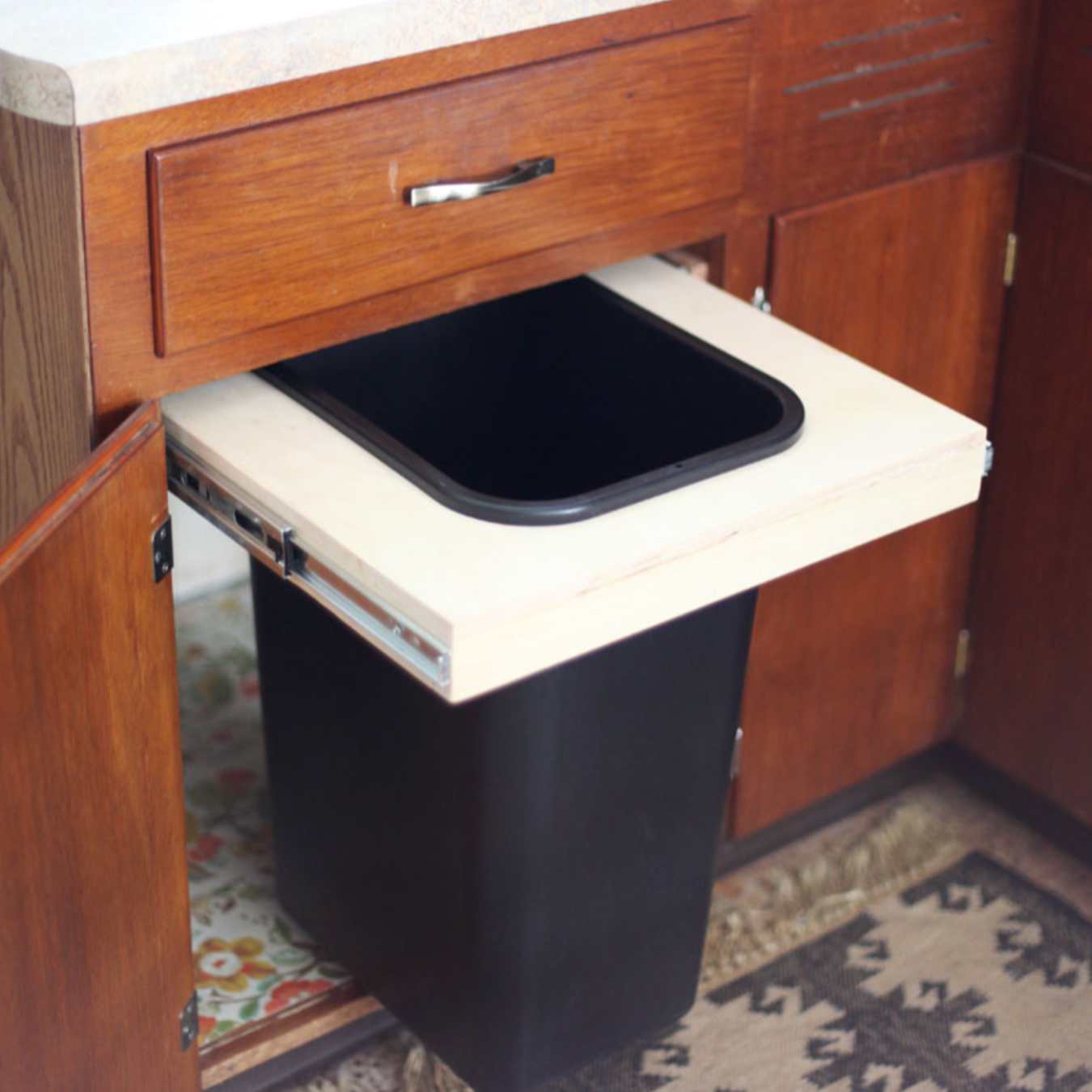

0 thoughts on “Which Items Can Be Discarded In A Regular Trash Can”